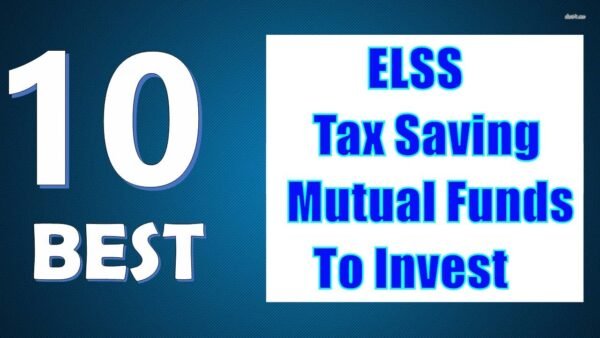When it comes to tax-saving investments, Equity Linked Saving Scheme (ELSS) is a popular option among investors. People invest in ELSS mutual funds for long-term financial growth as well as tax benefits. When you invest in Equity Linked Saving Schemes (ELSS), you can claim a tax deduction of Rs. 1.5 lakh each year under Section 80C of the Income Tax Act.
While the tax benefit under Section 80C is limited to Rs. 1.5 lakh, there is no upper limit on the amount you can invest in ELSS funds. This means you can invest larger amounts, for instance more than Rs. 2.5 or 3 lakh, in ELSS funds. But should you? This is a significant question most investors ask regarding ELSS funds.
Unlike other equity mutual funds, ELSS funds come with a lock-in period of three years. This is a useful feature as investors generally invest in equity mutual funds for around 5-7 years to gain better yields. In addition, the lock-in period is much lower when compared to other tax-saving investment avenues like Public Provident Fund (15 years) and National Saving Certificate (5 years).
But whether you invest Rs. 1.5 lakh or 2 lakh in an ELSS fund, you can claim tax deduction only for Rs. 1.5 lakh. This means the remaining amount you invest in ELSS funds is locked-in for a period of three years without tax benefits. At this point, you need to ask yourself if you can achieve the same goal of long-term wealth creation without unnecessarily locking up your funds.
Diversified equity funds for example, are a good alternative. They help you stay disciplined towards long-term investing without having to lock your funds. They provide you with the option to redeem the amount if the need arises. This is why many experts believe it is best to invest only upto the 80C limit in equities.
When it comes to long-term growth and tax saving, ELSS funds are the way to go. But it is a good idea to invest only Rs. 1.5 lakh (until the tax limits change) in ELSS funds, and deploy your remaining money in other investment options.
